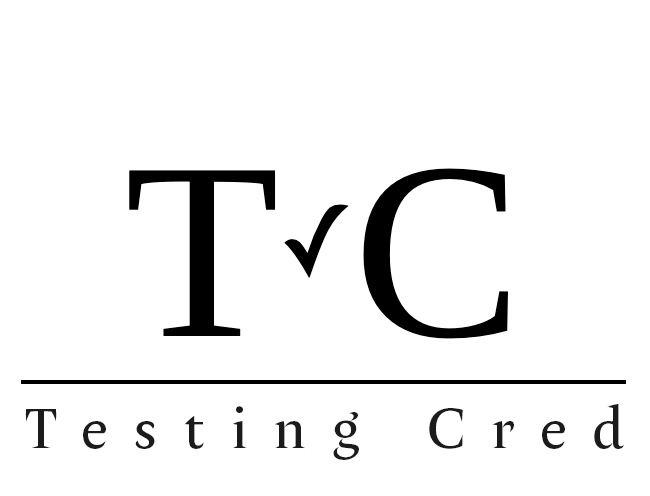Standing out to employers is crucial for career advancement in software quality. Software testing micro-credentials are very helpful for professionals looking to separate themselves from their competitors. These credentials serve as proof of a candidate’s commitment to continuous learning and mastery of specific knowledge in software QA areas. Here’s how micro-credentials are making resumes more appealing and benefiting both new and experienced testers:
Appeal of Micro-Credentials to Employers
- Demonstration of Specialized Skills: Micro-credentials allow candidates to showcase their knowledge in niche areas of software testing, making them more appealing to employers looking for specific competencies.
- Evidence of Continuous Learning: The pursuit of micro-credentials reflects a professional’s dedication to staying updated with the latest testing methodologies and technologies, a highly valued trait in the fast-evolving tech industry.
- Enhanced Professional Profile: Adding micro-credentials to a resume or CV enhances a professional’s profile, highlighting their ability to undertake and complete specialized training courses.
Benefits for New Software Testers
- Introduction to Software Testing: Micro-credentials offer newcomers a comprehensive overview of software testing, covering basic concepts, methodologies, and tools without the commitment required for full certifications.
- Modular Learning: The bite-sized nature of micro-credentials makes learning more manageable and less overwhelming, enabling beginners to build their knowledge gradually.
- Foundation for Future Learning: These credentials can serve as stepping stones, providing a solid foundation upon which to pursue more advanced certifications and specializations.
Advantages for Experienced Testers
- Refinement of Fundamentals: Even seasoned professionals can benefit from revisiting the basics, ensuring a strong foundation in the principles of software testing.
- Identification of New Interests: Exploring micro-credentials in various niches can help experienced testers discover new areas of interest or potential career paths they hadn’t considered.
- Opportunity for Improvement: Advanced topics covered by some micro-credentials can reveal areas for potential growth, even among veteran testers.
- Credential Stacking: Certain micro-credentials can be accumulated towards more comprehensive certifications, providing a pathway for professional development and recognition.
Complementing Full Certifications
- Specialized Knowledge Proof: Micro-credentials allow professionals to easily demonstrate their expertise in specialized areas, complementing the broader knowledge validated by full certifications.
- Flexibility in Professional Development: They offer a flexible approach to professional growth, allowing testers to acquire new skills on their own schedule and according to their career aspirations.
- Adaptability to Market Needs: As the demand for specialized testing skills evolves, micro-credentials provide a quick and effective way for professionals to adapt and meet these new requirements.
In conclusion, software testing micro-credentials are not just an embellishment on a resume; they are a potent tool for career development. For newcomers, they offer a gentle introduction to the complex world of software testing, laying down a solid foundation for future learning. For the seasoned professionals, they present an opportunity to refine existing skills, explore new areas, and demonstrate specialized knowledge. In an industry where the only constant is change, software testing micro-credentials provide both new and experienced testers with the means to stay relevant, competitive, and on a path of continuous professional growth.
